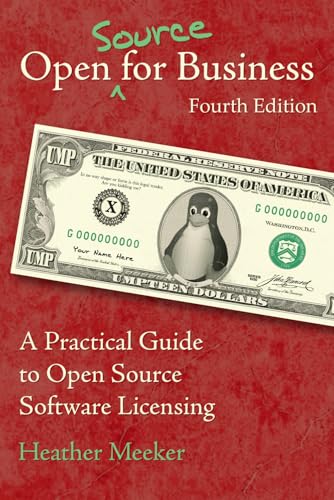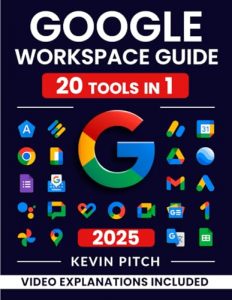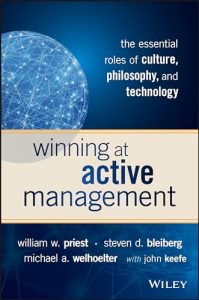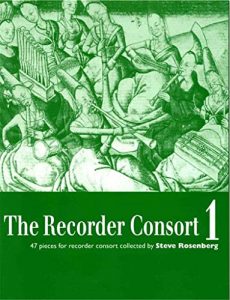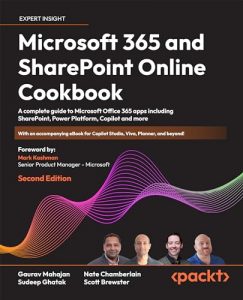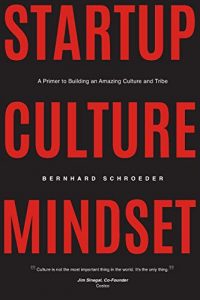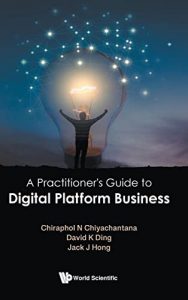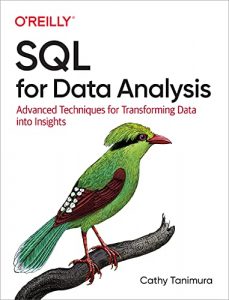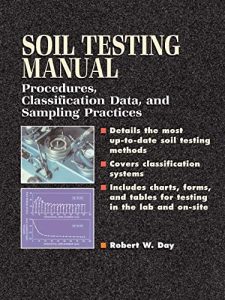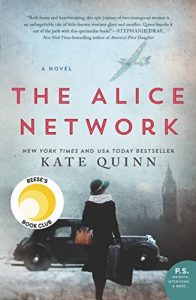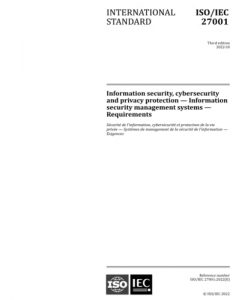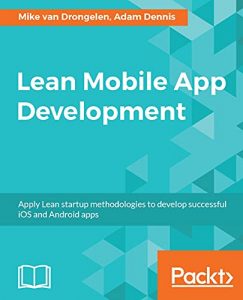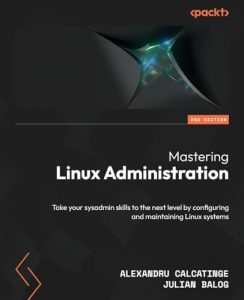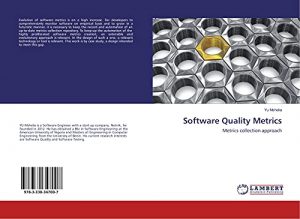1. Open (Source) for Business: A Practical Guide to Open Source Software Licensing – Fourth Edition
Authored by Heather Meeker, this comprehensive guide delves deep into the intricacies of open source software licensing, making it indispensable for both budding entrepreneurs and seasoned professionals. It demystifies complex licensing agreements and outlines practical strategies for navigating the open-source landscape. Besides offering clear explanations, Meeker’s work addresses common pitfalls and provides insights that can save businesses from legal nightmares. If you aim to leverage open-source software effectively, this book is a must-read!
2. Working in Public: The Making and Maintenance of Open Source Software
Nadia Eghbal’s insightful exploration of the open-source community highlights the social dynamics that drive successful projects. This book goes beyond technical details; it sheds light on how contributors coordinate efforts, manage conflicts, and engage with users. As the importance of collaborative projects rises, Eghbal emphasizes the need for sustainable practices in maintaining open-source software, making this a vital read for existing and aspiring contributors alike. It’s a heartfelt homage to community-driven projects that inspire innovation.
3. FREE Open-Source Software
Charles Brown’s succinct guide offers readers real value without a hefty price tag, making it accessible to virtually anyone interested in open-source software. This book is perfect for those who want to understand the fundamental principles behind free software and how to utilize it effectively in their projects. Brown’s straightforward approach empowers readers to explore open-source tools that can enhance productivity, making it a fantastic starter for newbies venturing into this thriving ecosystem.
4. Producing Open Source Software: How to Run a Successful Free Software Project
By Karl Fogel, this book stands as a foundational text for anyone looking to cultivate a successful open-source project. It outlines essential strategies for not only starting a project but also ensuring its sustainability. Fogel draws from his extensive experiences, providing pragmatic advice on project management, community building, and effective communication. This book stands out as a veritable manual for open-source project leaders and contributors, brimming with expertise.
5. Open (Source) for Business: A Practical Guide to Open Source Software Licensing – Third Edition
Another commendable piece by Heather Meeker, this updated edition continues to reinforce the significance of understanding open-source licensing. The third edition presents newer case studies, reflecting the evolving landscape of technology. It remains a go-to resource for anyone needing guidance on how to integrate open-source solutions within their business while remaining compliant with licensing requirements. Meeker’s clarity is notably beneficial for both startups and established companies!
6. Python Crash Course, 3rd Edition: A Hands-On, Project-Based Introduction to Programming
Eric Matthes has crafted an engaging practical guide for those stepping into the world of programming, especially using Python. This edition combines theory with hands-on practice, allowing readers to work on real-world projects and understand programming concepts organically. It’s an ideal text for aspiring developers and tech enthusiasts wanting to build their programming skills through a well-structured approach. Matthes ensures that the learning process is interactive and enjoyable!
7. Open (Source) for Business: A Practical Guide to Open Source Software Licensing — Second Edition
Meeker’s second edition continues to be a reliable resource for those interested in understanding software licensing in the ever-evolving tech environment. This version shares expanded insights and more recent examples, making it relevant today for those looking to navigate open source effectively and safely. The easy readability and authoritative content make this a crucial text for professionals engaged in software development and compliance.
8. Open Source Software License A Complete Guide – 2020 Edition
Gerardus Blokdyk presents a comprehensive overview of open source software licensing in this guide. With an emphasis on ensuring clarity and avoiding misinterpretations, Blokdyk explores licensing from various perspectives and even introduces key considerations for implementation in a business context. This complete guide assists any organisation looking to facilitate the use of open source while adhering to required standards, thus offering essential insights for both novices and experienced professionals.
9. For Fun and Profit: A History of the Free and Open Source Software Revolution (History of Computing)
This compelling collaboration between Christopher Tozzi, William Aspray, and Jonathan Zittrain chronicles the evolution of free and open source software from its inception to its current significance in the software industry. This book explores not just the technical but also the socio-economic factors that contributed to the open-source movement’s rise. By presenting vivid narratives, it engages readers deeply, making them appreciate the history and ethos behind open source as not just a hobby but a powerful framework for innovation.
10. Open Source Software
Axel Metzger’s detailed exploration provides extensive insights into the legal dimensions of open source software. This book serves as a crucial resource for legal experts, software developers, and anyone keen on navigating the often murky waters of software licenses. Metzger examines the implications and ensures readers understand the responsibilities that come with adopting open-source solutions. It’s a potent reminder that while open-source is liberating, it requires an understanding of legal frameworks.

